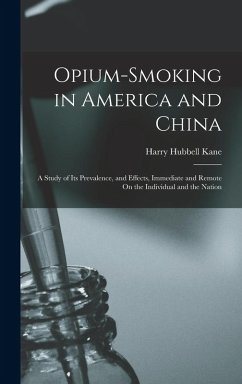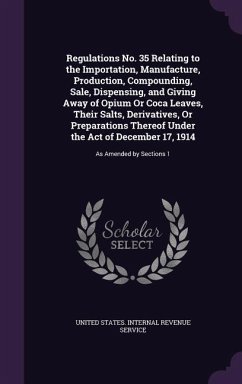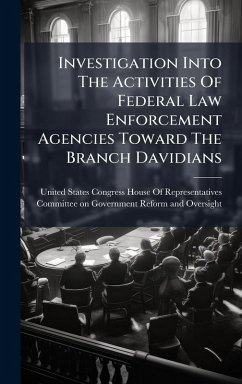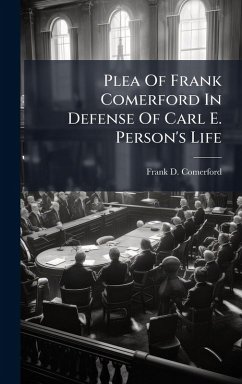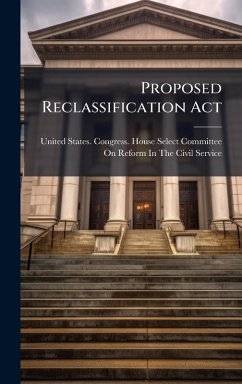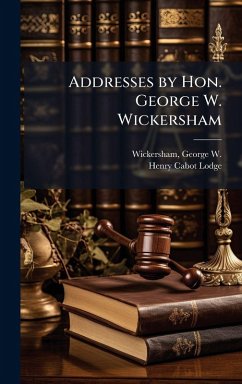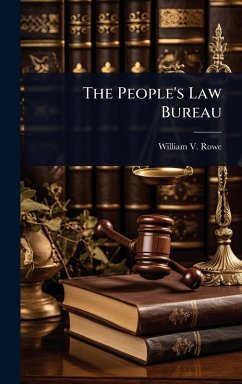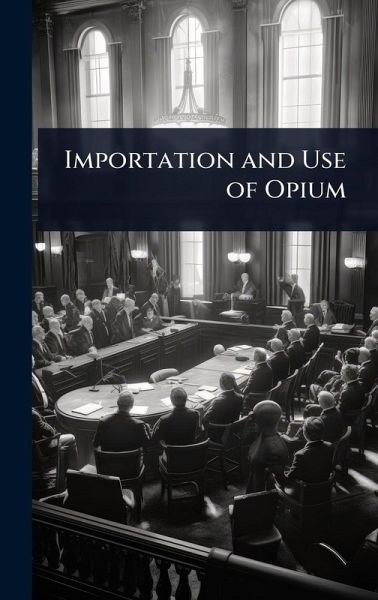
Importation and Use of Opium
Versandkostenfrei!
Versandfertig in über 4 Wochen
29,99 €
inkl. MwSt.

PAYBACK Punkte
15 °P sammeln!
This volume contains the official record of the hearings before a U.S. Congressional committee in May 1910 concerning proposed legislation related to the importation and use of opium. Specifically, the hearings address H.R. 25240, H.R. 25241, and H.R. 25242. These documents provide a unique window into the legislative process and the social concerns surrounding narcotics at the beginning of the 20th century. The discussions offer insights into the complexities of regulating a substance with both medicinal and recreational uses. The testimony and debates reflect evolving attitudes towards drug ...
This volume contains the official record of the hearings before a U.S. Congressional committee in May 1910 concerning proposed legislation related to the importation and use of opium. Specifically, the hearings address H.R. 25240, H.R. 25241, and H.R. 25242. These documents provide a unique window into the legislative process and the social concerns surrounding narcotics at the beginning of the 20th century. The discussions offer insights into the complexities of regulating a substance with both medicinal and recreational uses. The testimony and debates reflect evolving attitudes towards drug control that would eventually lead to landmark legislation like the Harrison Act of 1914. Researchers and historians will find valuable primary source material in "Importation and Use of Opium," shedding light on the early development of American drug policy and its lasting impact. This work has been selected by scholars as being culturally important, and is part of the knowledge base of civilization as we know it. This work was reproduced from the original artifact, and remains as true to the original work as possible. Therefore, you will see the original copyright references, library stamps (as most of these works have been housed in our most important libraries around the world), and other notations in the work. This work is in the public domain in the United States of America, and possibly other nations. Within the United States, you may freely copy and distribute this work, as no entity (individual or corporate) has a copyright on the body of the work. As a reproduction of a historical artifact, this work may contain missing or blurred pages, poor pictures, errant marks, etc. Scholars believe, and we concur, that this work is important enough to be preserved, reproduced, and made generally available to the public. We appreciate your support of the preservation process, and thank you for being an important part of keeping this knowledge alive and relevant.




